As told by David Nelson
UVU is a place for technology and student involvement at a much higher scale than a lot of people assume.
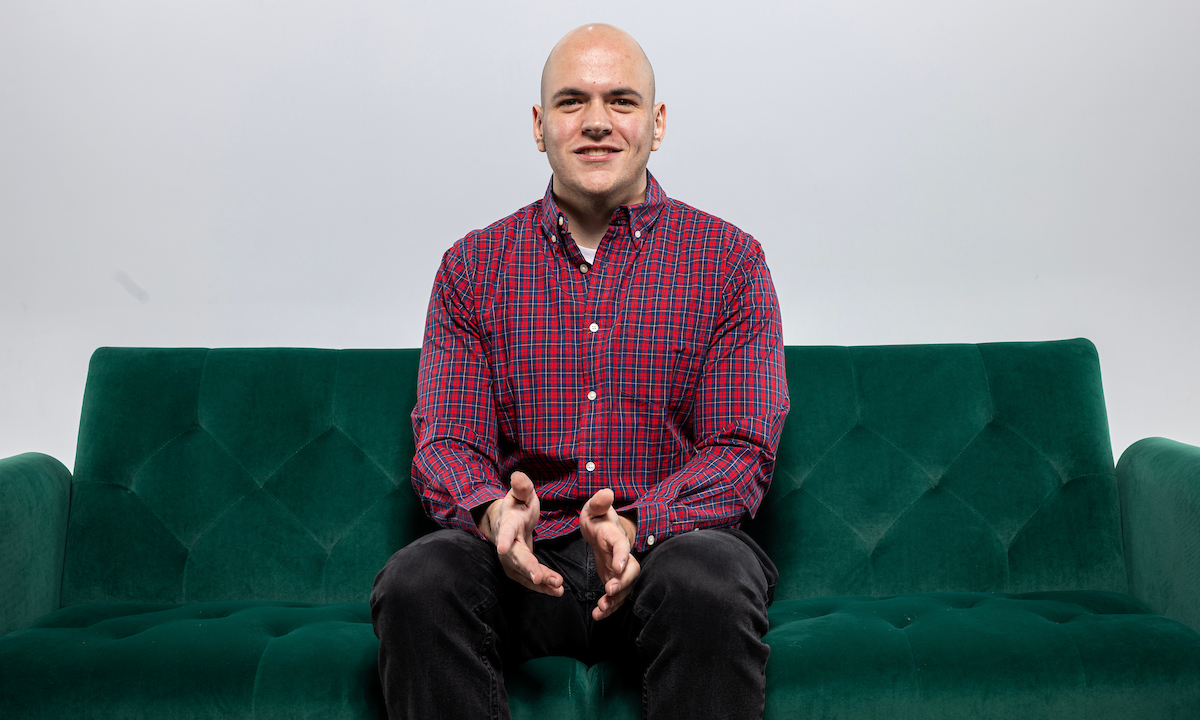
Photo by
From a young age, I always enjoyed playing computer games. I became fascinated by the hardware. Everyone builds their own computer so they can get better graphics, keep up with the newest releases, and get better at the game. So that was what I did when I was young. I kind of liked programming, but I wasn't into software development; I was more interested in how it interacts with the hardware.
I started building my own computers and became interested in how they work and trying to figure out what was going on because I’ve always found it fascinating to figure out how we got here. You look at the world around us — how did we figure out that ones and zeros could become graphics on a computer? That was interesting to me. That's what started me down the rabbit hole of computer engineering.
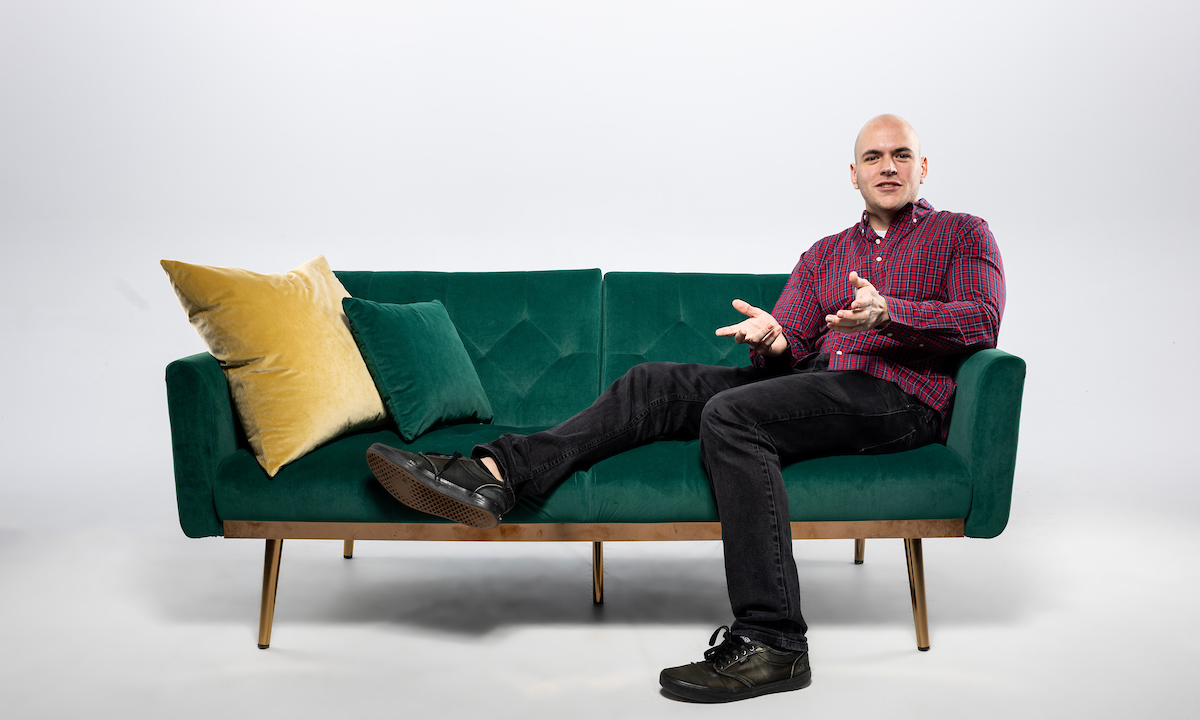
I chose UVU because it's close to home, which makes it easy. I can commute here; I kept my job, so it was really easy with my scheduling. The cost and the class size were important for me as well. I wanted to be able to interact with my professors in a more meaningful way.
You always hear about the classes where you have hundreds of people, and the professors don’t really know you. That was what I assumed college was like, and now that I've been through most of my undergraduate, I can say it’s totally different at UVU. The interactions I've had with my professors, the one-on-one time, and the projects I've been able to join and work on have been leagues above what I anticipated.
I feel like the time that I've had with my professors and the teamwork that I've experienced while working on projects have helped me tie in the gaps [between] lectures and classes. You get the theory and all of that with the lectures, and then once you start applying it and you're working on a project with multiple disciplines and people and trying to collaborate, that's kind of more “real world.” It helps you take in everything you've learned and apply it in that way. I think that's valuable for pursuing a career and the steps beyond a degree.
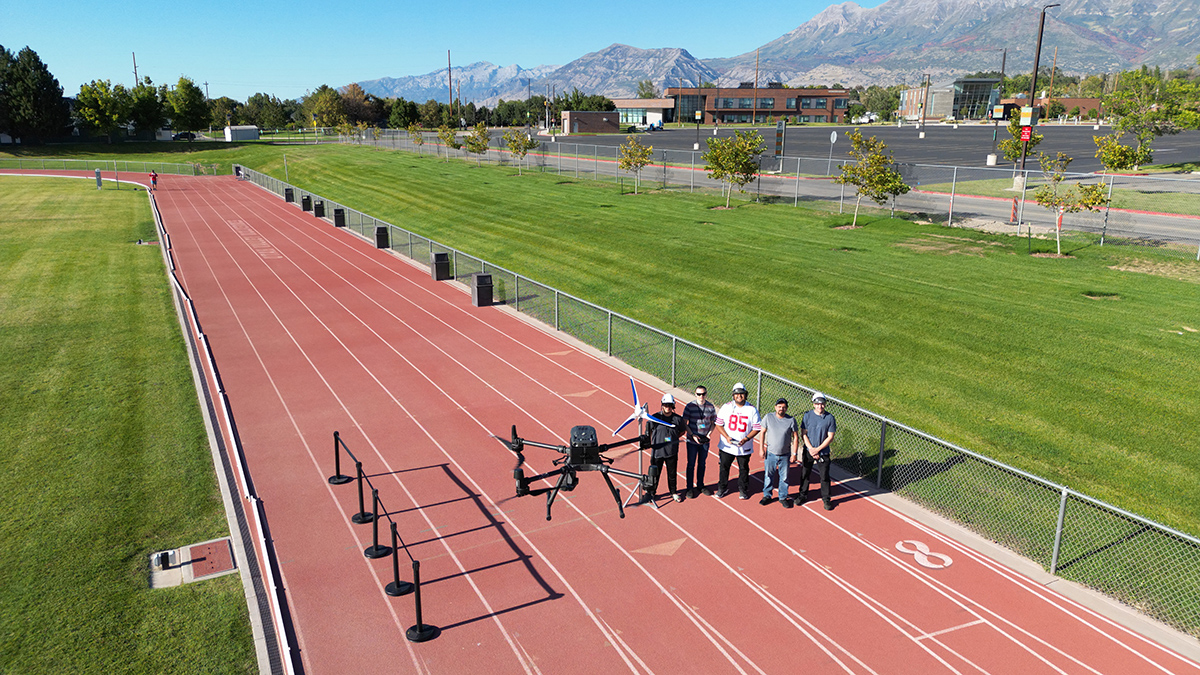
One semester, I was in Dr. Shekaramiz’s digital signal processing class, and he had a couple of openings for the wind turbine project. At first, I thought that sounded really cool and wanted to be involved. But I beat myself up and didn't apply because I didn't feel like I knew enough — I wouldn’t be a great enough asset.
Fast forward a few months, and Professor Shekaramiz had another opportunity for the fire project. I figured, “I've got nothing to lose. I'm just going to go for it and see what happens.” I started working with him on that project, and after we wrapped that project up and were working on our publication, he offered me a position on the wind turbine project. So, I jumped on board and started working on that as well.
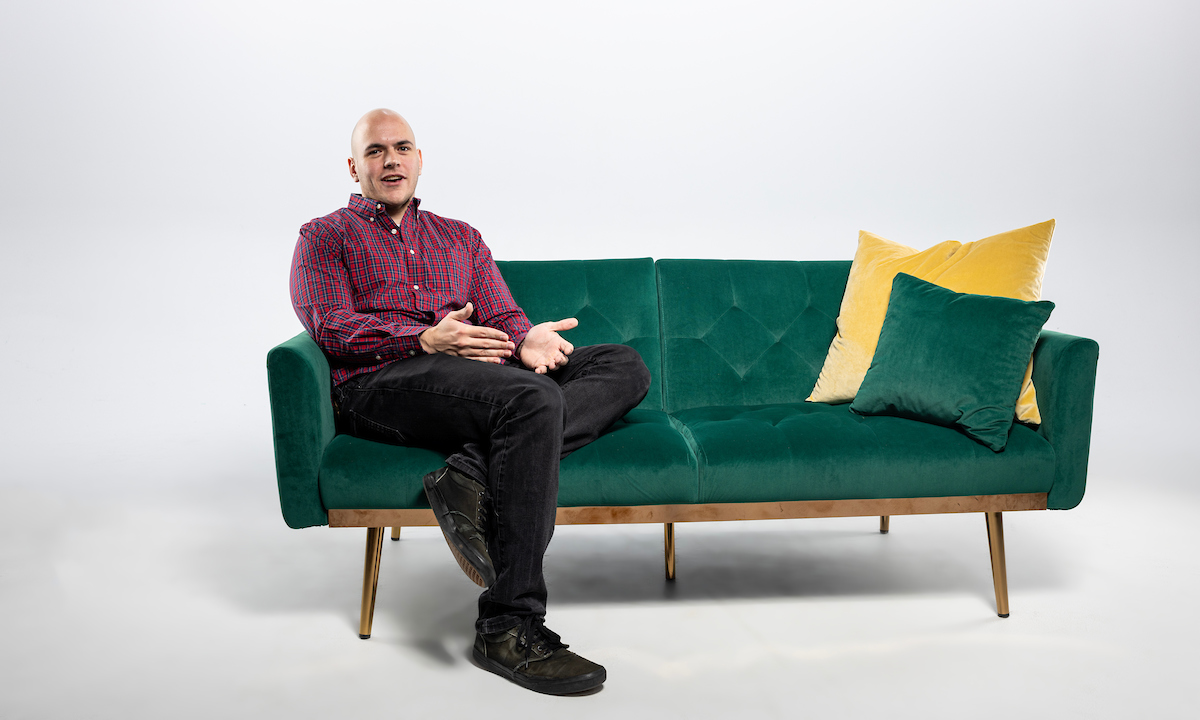
I have to give my props to Dr. Shekaramiz. He's been a great mentor to me, helped me understand key aspects of machine learning and deep learning and how they apply, and ultimately has given me the power to learn myself. He pushed me and guided me where I needed to go, but he also gave me the confidence to be sure of myself in what I know and what I can learn.
The big project that I'm a part of is funded by the Utah System of Higher Education. It's under the deep technology grant — the funding number, I believe, is just shy of $1 million. They started working on it in November of 2021, and it's scheduled to be finished by November 2024. The grant money was for developing a fully autonomous system, utilizing drones and machine learning to investigate wind turbines to do the fault diagnosis.
We have a pathfinding team that figures out how to make the drone fly to the turbines and inspect it autonomously. That's usually utilizing technology within AI and deep learning. It'll take the images of the blades, and then we're tasked with developing some machine-learning algorithms that can detect whether there are faults on them and what kind of faults there are.
This project has been a lot of fun, and it's been a big challenge because we've had something like 55 undergraduate students work on it, and we've hired two Ph.D. postdoctoral researchers. It's a huge project — there's a lot of cross-disciplinary work being done. There are mechanical engineers, computer science students, computer engineering students, and electrical engineering students.
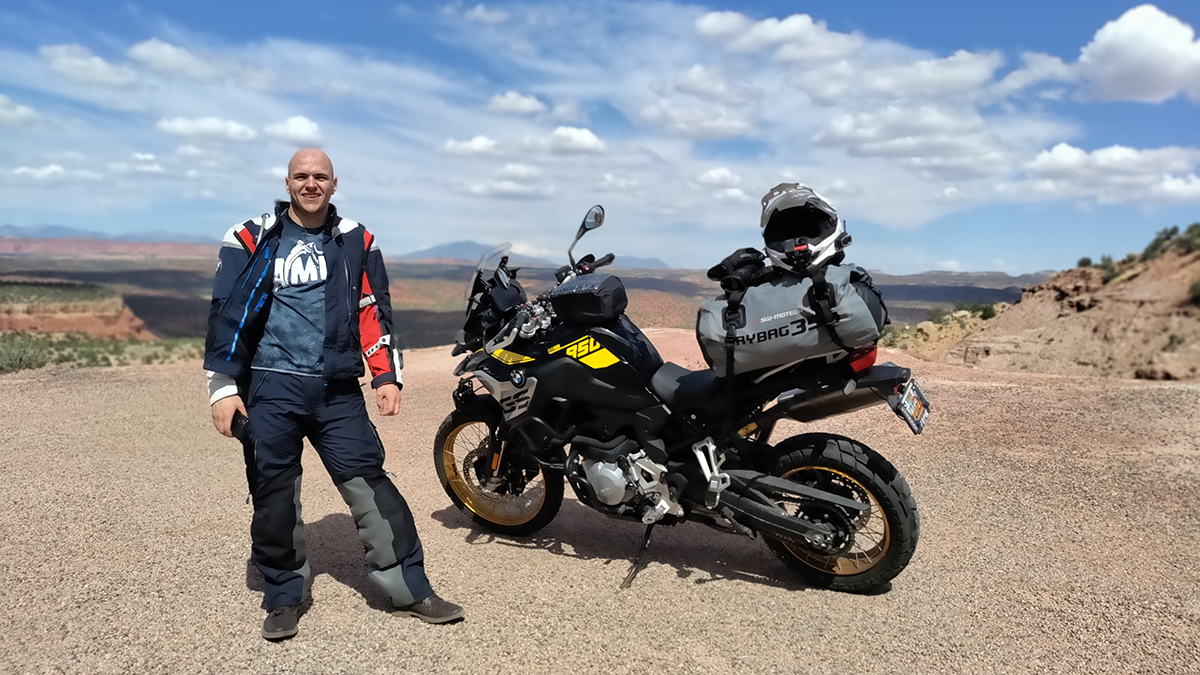
AI has been kind of a buzzword with the release of ChatGPT and all these large language models. But AI has been a thing for a long time. It's just the past 10 years that we're hitting some breakthroughs as far as neural networks. But there are impacts across the community. One of the other projects I ended up working on over the summer was investigating how we could use machine learning and deep learning to detect forest fires. We did some work on that and published a paper delving into how we could use autonomous detection to better our responses to forest fires. We all see the smoke in the summer months, where you can't see outside. If we could reduce that, that'd have a huge impact on the community.
UVU is a place for technology and student involvement at a much higher scale than a lot of people assume.